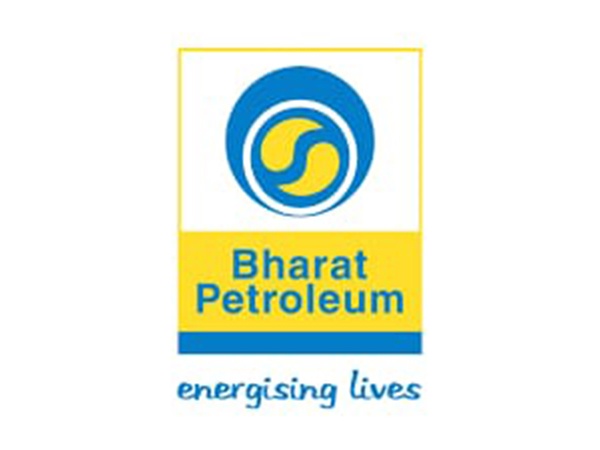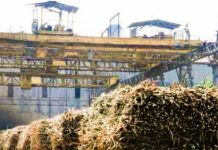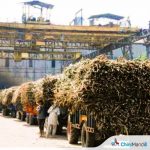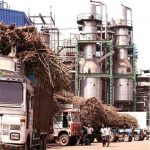New Delhi [India], July 11 (ANI): India’s state-run Bharat Petroleum Corporation Limited (BPCL) has earmarked USD 20 billion for capital expenditure over the next five years, according to S&P Global Commodity Insights.
This investment drive aims to ramp up refining capacity, expand petrochemical operations, bolster its network of retail fuel stations, and embrace clean energy initiatives, according to company sources.
Underpinning its growth strategy, BPCL is actively pursuing term crude deals with suppliers beyond the traditional Middle Eastern sources.
This diversification initiative is part of broader efforts to reduce dependency and secure a more resilient supply chain.
Concurrently, the company is focusing on enhancing aviation fuel infrastructure at key airports and forging strategic partnerships in renewable energy sectors.
G Krishnakumar, Chairman of BPCL, said, “India’s booming economy is our tailwind. We’re confident it will drive a surge in energy demand, further fueling growth in our core and new businesses. We are planning to expand our refining capacity to 45 million mt year and add 4,000 new fuel stations by 2029.”
Plans include scaling up refining capacity to 45 million metric tons per year and adding 4,000 new retail fuel stations by 2029. Notably, BPCL is set to augment petrochemical facilities at its Bina and Kochi refineries.
Presently, BPCL operates refineries in Mumbai, Kochi, and Bina with a collective capacity of approximately 35.3 million metric tons per year.
The company aims to commission a new 12 million metric tons per year refinery within the next five years, with potential sites under consideration in Andhra Pradesh, Uttar Pradesh, and Gujarat. The estimated cost for this greenfield project is around Rs500 billion (USD 6 billion).
In a bid to further diversify its crude procurement strategy, BPCL is exploring partnerships with Brazilian suppliers, though specifics on agreements remain under discussion.
This move aligns with broader industry trends where India is projected to add 1 million barrels per day of new refinery capacity by 2030, positioning it as a significant player in global refining expansions.
Additionally, BPCL recently inaugurated hydrant facilities at the Manohar International Airport in Goa, underscoring its commitment to enhancing aviation fuel services across key locations.
On the regulatory front, BPCL’s plans for expansion are supported by recent reassurances from Petroleum Minister Hardeep Singh Puri, who affirmed that the government has no current plans to privatize the refiner.
This decision marks a reversal from earlier efforts in 2020 when the government sought to divest its entire 52.98 per cent stake in BPCL. Minister Puri highlighted BPCL’s robust financial performance as a key factor in retaining state ownership.
Looking ahead, BPCL is also poised to play a pivotal role in India’s electric vehicle (EV) ecosystem, with plans to roll out EV charging facilities at 7,000 energy stations over the next five years. Collaborations with domestic EV manufacturers, such as Bounce Infinity, aim to catalyze EV adoption through innovative retail outlets called ‘eDrive stores’. (ANI)
















